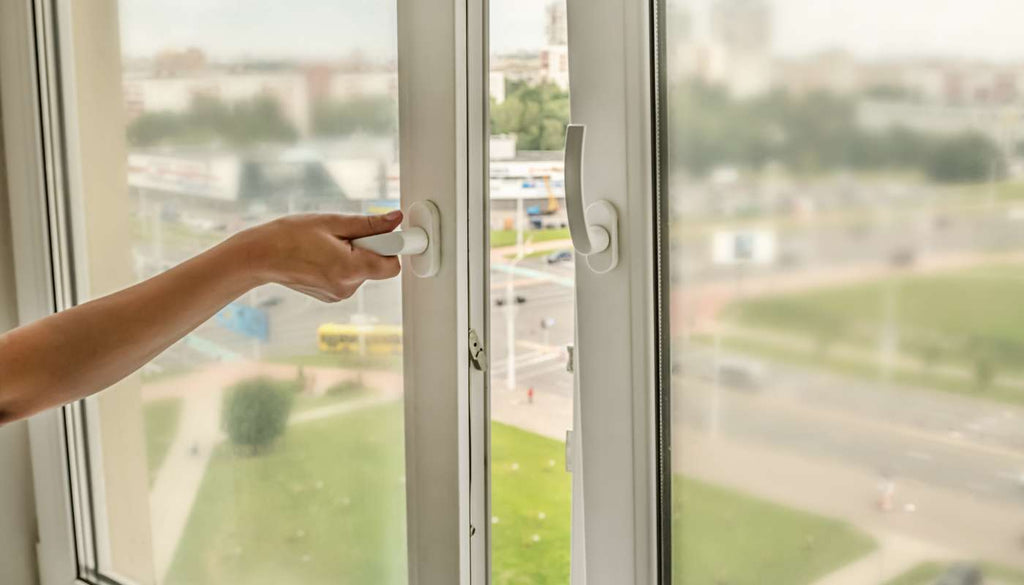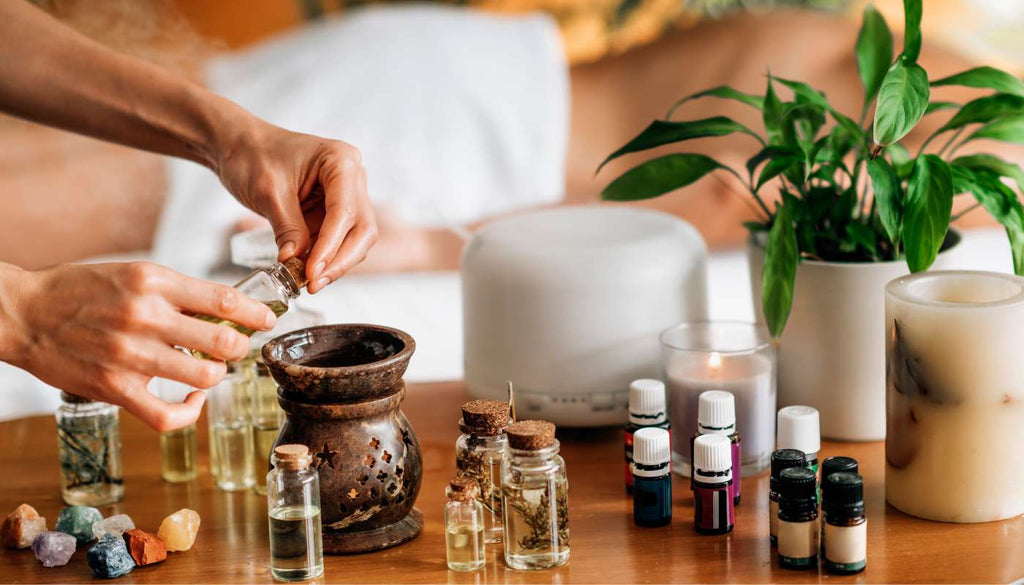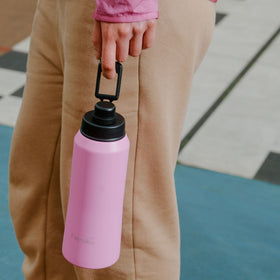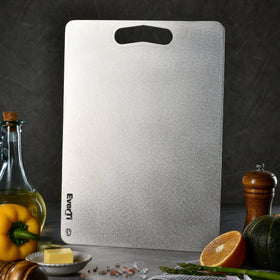
Natural Ways to Clean Indoor Air
Colder weather means that most of us are huddled up indoors with our heaters running. We don't open doors and windows as much to let fresh air in. So the air in your home can become polluted from things like fuel burning appliances, building materials, household cleaning products, and excess moisture. This can cause you and your family to experience symptoms like dizziness, headaches, and fatigue. Over time it can lead to serious health problems.
This article talks about adding a few houseplants to help clean indoor air in your home. I've also written about reducing pollutants in the air by selecting the right furniture and bedding. Turning off electronics at night is another good idea. Here are a few more ways that you can clean indoor air naturally.
Ventilation
The most effective thing you can do to improve the indoor air quality in your home is to make sure that it's properly ventilated. Opening up your windows or doors for just a few minutes a day can make a big difference. Also, be sure to use exhaust fans in your kitchen, bathroom, or attic to help increase airflow throughout your home. Ventilating your home will help reduce the transmission of coughs and colds, too.

HEPA Filters
If you have central heating, be sure to replace the air filter regularly, and use a high quality HEPA (High Efficiency Particulate Air) filter to help trap more pollutants. These filters are the most effective at trapping airborne particles, pollen, smoke, pet dander, and dust mites. Even if you don't have a HEPA filter on your central heating, you can get vacuum cleaners that do. Instead of spreading dust around, they actually help clean indoor air by filtering the particles and trapping them.
Himalayan Salt Crystal Lamps
Lamps made from pink Himalayan salt crystals are like beautiful works of art that can also help clean the air in your home. The pretty pink salt used in these lamps is hygroscopic, meaning it can attract and absorb water molecules from the air. The heat from the light bulb then evaporates the water back into the air and keeps any particles of dust, pollen, smoke, or other pollutants trapped inside the salt. Be aware, however, that Himalayan Salt Crystal isn't the most environmentally sound stuff. It's mined, with all the environmental issues that go with mining.
Diffusers and Essential Oils
A great ultrasonic diffuser can serve multiple purposes, including purifying the air in your home. They work by releasing anions, which create electrostatic reactions with any dust or other particles in the air. This makes the particles heavy so that they drop to the floor, where they can be vacuumed up.
A diffuser can also work as an air ionizer, which uses negative ions to attract particles, cleaning the air and removing odours. Adding just a few drops of essential oil to your diffuser not only fills your home with a beautiful aroma but can also help keep the air in your home clean. Essential oils are naturally antibacterial and antiviral, so they can kill bacteria in the air. They can also help ease allergy and cold symptoms, like congestion. And they're so much better for you than synthetic air freshener sprays!

Charcoal Air Purifiers
For hundreds of years, charcoal has been used to control odours and purify the air. In the 1800s, charcoal was applied to manhole covers to help combat strong sewer odours. During World War I, it was used in gas masks to help neutralise toxic gas. Today, charcoal is often used in air filters and purifiers to help boost their effectiveness. If you’re looking for an electronic air purifier, look for one that uses a charcoal filter to make sure you’re keeping the indoor air as clean as possible.










